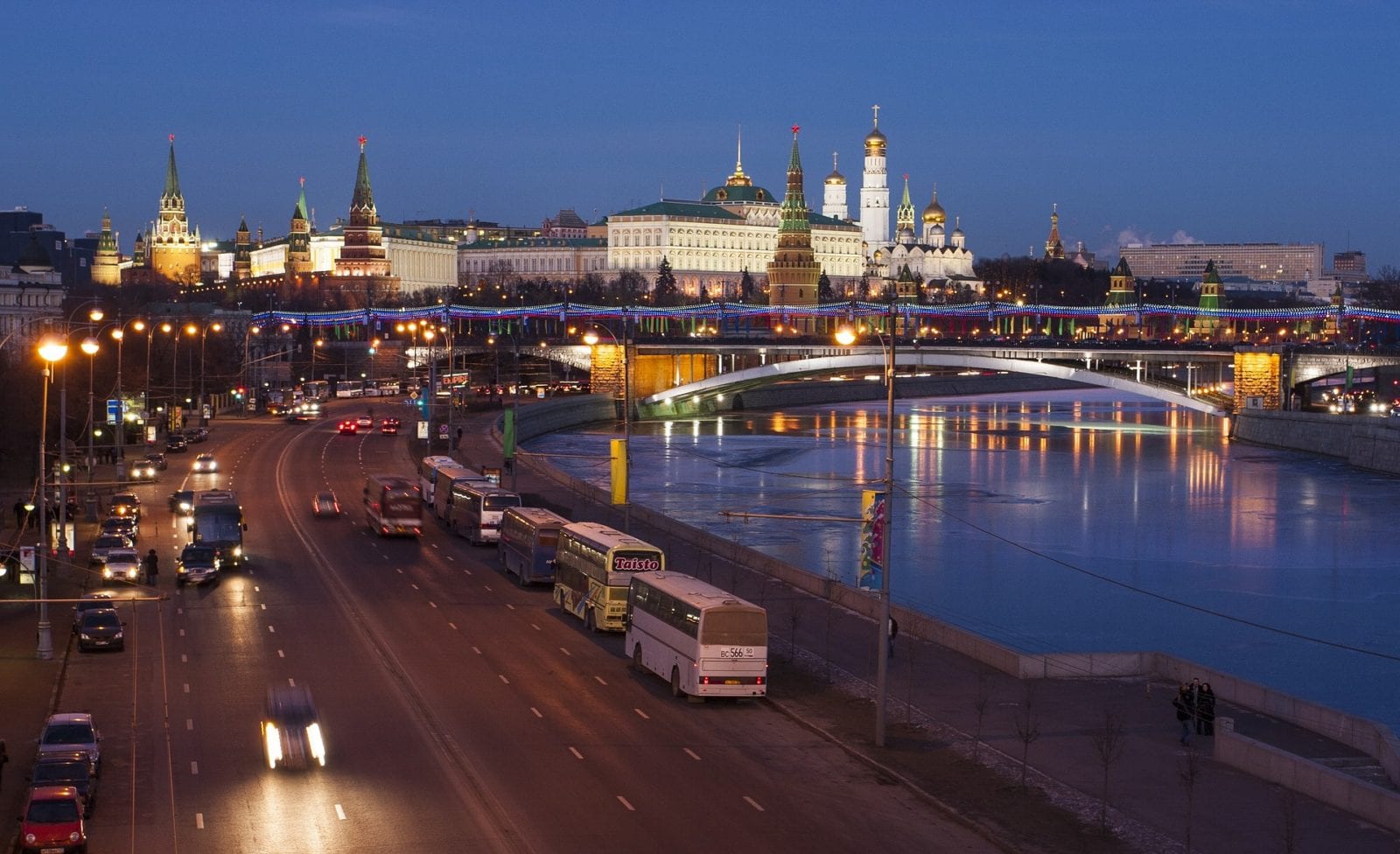USSEC Visits with Russian Industry Representatives to Strengthen Relationships with Customers, End Users
- Category:
- Animal Utilization
- General News

Currently, Russian customers are facing difficulties because of the suspended imports of soybeans and corn originating from the U.S. USSEC and United Soybean Board (USB) director Bob Metz and USSEC Marketing Director – Animal Utilization and Meal Pam Helmsing were invited to lead the mission to support and promote U.S. soybean exports to Russia. USSEC technical consultants Maria Domoroshchenkova and Iani Chihaia accompanied the mission and helped during discussions to better understand end users’ technical needs.
Meetings took place at the GNU VNITIP- All Russian Scientific Research and Technology Institute for Poultry Industry, located in Sergiev Posad. The USSEC team was welcomed by academician Vladimir Fisinin, president of the Russian Poultry Association, and Dr. Victor Egorov, deputy director of the Poultry Institute.

After touring the poultry farming training and research facilities, discussions were focused on understanding the potential of the Russian poultry industry and its protein demand. The Poultry Institute is an excellent hub for knowledge transfer among the Russian poultry industry. USSEC has joined several events recently organized in Sergiev Posad with the goal to disseminate information regarding U.S. Soy quality and how to efficiently use it in poultry feeds. Due to very good industry feedback, the Poultry Institute supports continuing to host joint activities with USSEC.
For the second day of the mission, the USSEC delegation met with Jonathan Gressel, Minister-Counselor, Office of Agricultural Affairs, U.S. Embassy in Moscow. The current status of soybean imports, regulation, and ways to overcome the temporary ban were discussed during the meeting. There is a lack of expertise in registering new GM products such soybeans and soybean meal, which is currently a trade barrier.

Poultry products are very important for Russian customers. Poultry meat occupies a 48 percent share in the structure of meat production in the country. In 2015, Russia produced more than 4.3 million tons of poultry meat in slaughtered weight and more than 42 billion eggs. Per capita, poultry meat production was 30.3 kilograms (kg) and 295 kg of eggs; it is forecasted to grow to 33.5 kg of poultry meat and 308 kg of eggs in 2020, showing that Russia’s demand for high protein feeds will continue to grow. Consequently, USSEC’s marketing efforts are beneficial for the promotion of soy additives in poultry feeding ratios and will further push the demand for U.S. Soy. In the last marketing year, the Russian crushers have imported 350 thousand metric tons (TMT) of U.S. soybeans and early this year, imported 486.1 million metric tons (MMT) of U.S. soybeans.